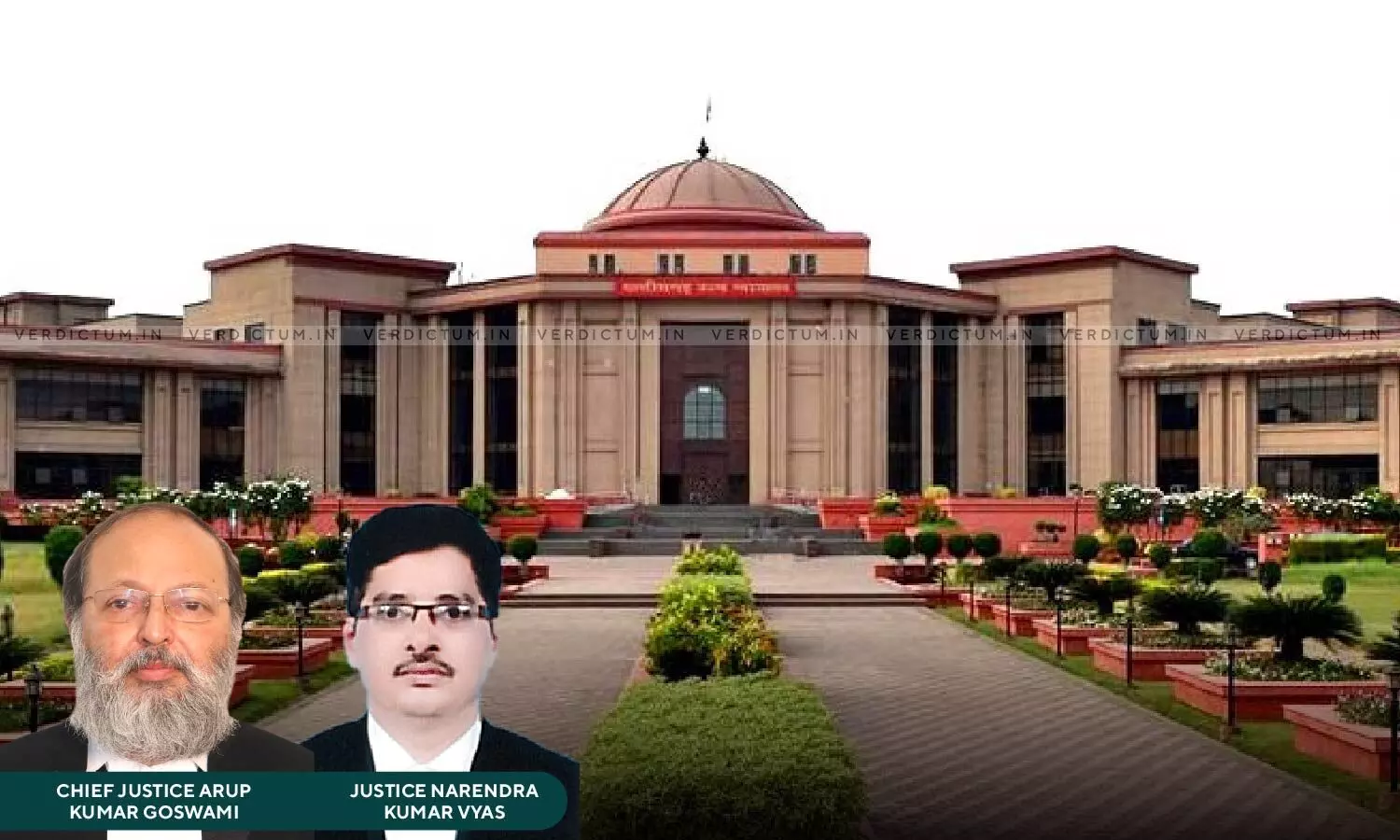
Reservation For Women In Public Employment Is Not Protected Under Article 15(3): Chhattisgarh High Court
 |
|The Chhattisgarh High Court has quashed a State Government decision by which women were granted 100% reservation for the post of demonstrators and assistant professors in nursing college as the same was unconstitutional and violative of Articles 14 and 16 of the Constitution of India.
The Bench of Chief Justice Arup Kumar Goswami and Justice Narendra Kumar Vyas observed that “Submission of learned counsel for the State that the reservation to female candidate is saved by Article 15(3) of the Constitution of India cannot be accepted as Article 15(3) of the Constitution, at the outset, does not refer to reservation in public employment, rather the words used are “special provision” for women.”
“...by referring to Article 16(2) of the Constitution which prohibits discrimination in public employment on the ground of “sex” and in contrast, if we hold that Article 15(3) of the Constitution allows reservation for women and, accordingly, it can be provided in public employment, such an interpretation of Article 15(3) of the Constitution would be nothing but to nullify the main provision of public employment under Article 16(2) of the Constitution prohibiting discrimination on the basis of “sex”.” the Bench added.
Advocate Ghanshyam Kashyap appeared for the petitioners and Deputy Government Advocate Gagan Tiwari appeared for the respondent.
In this case, a batch of Writ Petitions was disposed of whereby, the legality and Constitutional validity of the Note-2 prescribed in Schedule-III of the Chhattisgarh Medical Education (Gazetted) Service Recruitment Rules, 2013 (Rules of 2013) by which only female candidates were made eligible for direct recruitment to the posts of Demonstrator and Assistant Professor in Nursing Colleges, was assailed.
The Court referred to the Supreme Court judgment in the Indira Sawhney vs. Union of India (1992) Supp. 3 SCC 217 and said that reservation for women in public employment could not be under Article 15(3) and, Article 16(2) of the Constitution barred reservation on the ground of sex and the reservations could be under Article 16 of the Constitution.
“However, a finding was recorded that women are vulnerable section and, therefore, reservation can be provided in the quota of respective classes. The issue thus remains open for the Parliament to provide reservation for the vulnerable class of candidates, because it is not so provided under Article 16(4) of the Constitution of India.”
The Court further added that the women en bloc could not be brought under the category of backward class of citizens and therefore, they were separately categorised as vulnerable class for which there existed no provision in the Constitution to provide reservation.
Therefore, the Court observed that when public employment was governed by Article 16, it could not be ruled by Article 15 as it has general application in the areas which were not covered by other Articles guaranteeing fundamental rights and further held that the State’s decision "...suffers from arbitrariness and are violative of Articles 14, 15 and 16 of the Constitution of India, and therefore, on the touchstone of equality before law, equality of opportunity in matters of public employment, the same can very well be quashed."
Accordingly, Writ Petitions were allowed.
Cause Title- Abhay Kumar Kispotta v. State of Chhattisgarh.
Click here to read/download the Judgment